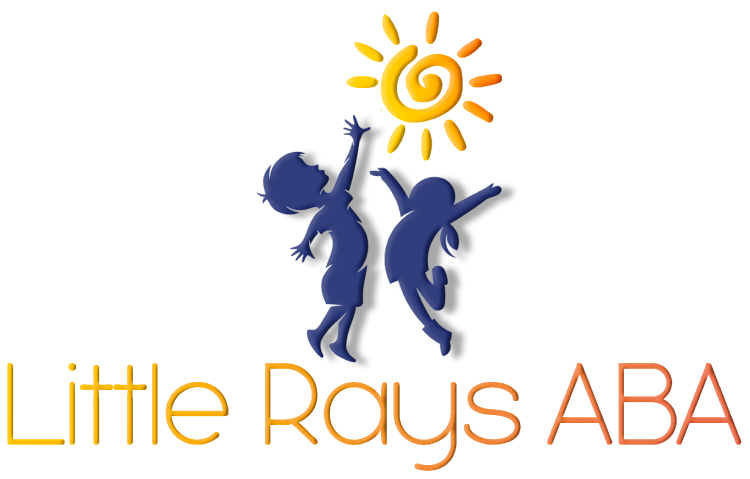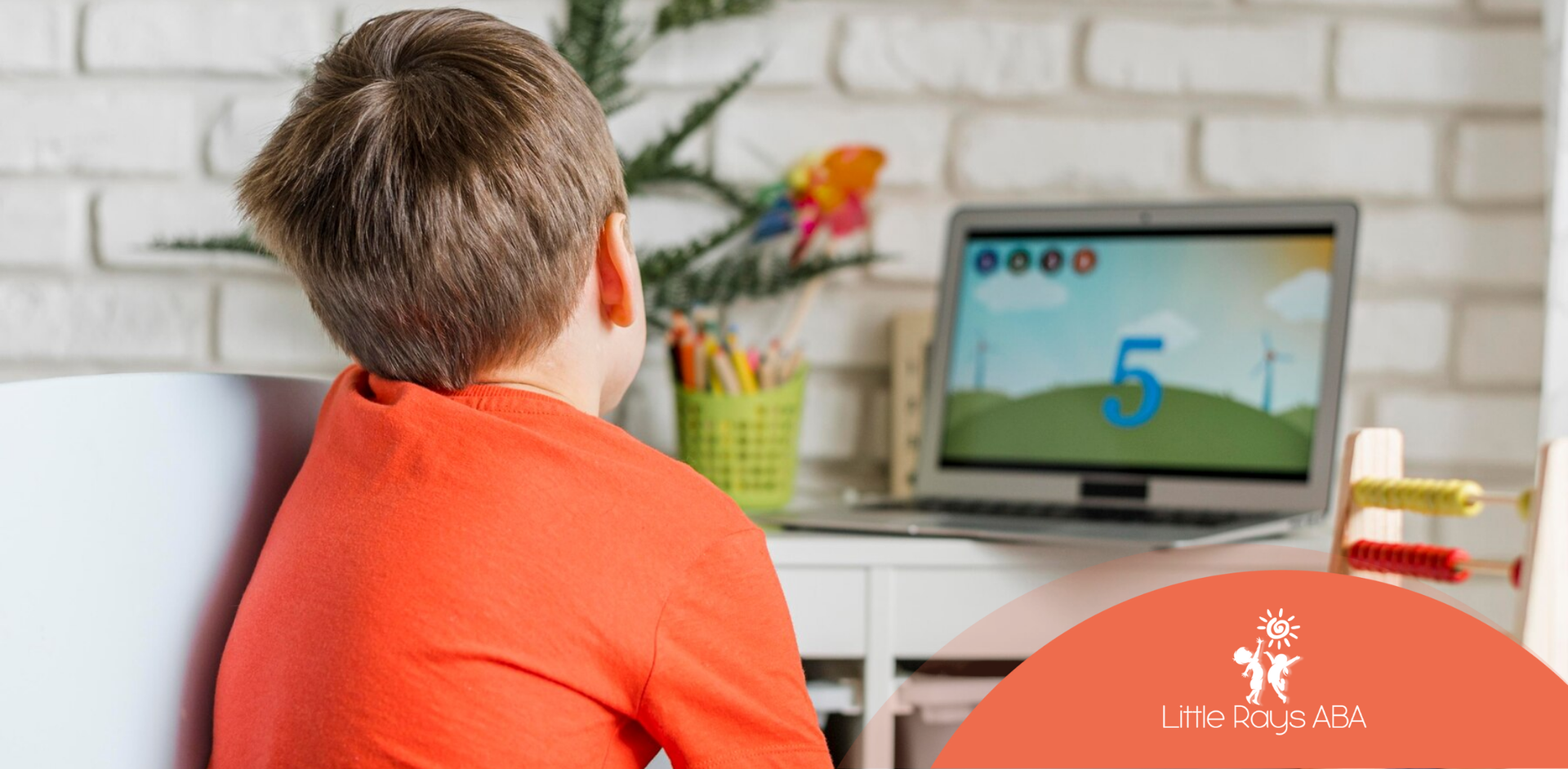For families of children with autism, finding the right support can make a world of difference. One increasingly popular form of assistance is autism service dogs—specially trained dogs that help children with autism feel safe, regulate emotions, and navigate daily life.
But what exactly do autism service dogs do? How can they benefit children and families? And how does someone get an autism service dog?
In this guide, we’ll explore everything you need to know about autism service dogs, including their roles, benefits, and the process of getting one.
What Is an Autism Service Dog?
An autism service dog is a specially trained dog that helps children and adults with autism manage daily challenges, from sensory overload to social interactions. Unlike emotional support animals or therapy dogs, service dogs are legally recognized under the Americans with Disabilities Act (ADA) and have specific training to assist their handlers.
These dogs are more than just companions—they provide real, functional support that improves independence and emotional well-being.
How Autism Service Dogs Help
Autism service dogs are trained to perform various tasks based on the specific needs of the individual. Here are some of the primary ways they help:
1. Providing Emotional Support and Sensory Regulation
Many autistic individuals experience sensory overload, leading to meltdowns or shutdowns. Autism service dogs are trained to:
- Apply deep pressure therapy by lying across a child’s lap to provide calming sensory input.
- Recognize signs of distress and nudge or cuddle the child to provide comfort.
- Offer a soothing presence in stressful environments, such as crowded places.
2. Reducing Anxiety and Stress
Interacting with a dog has been shown to lower cortisol levels (the stress hormone) and increase oxytocin (the bonding hormone). This can help children with autism feel calmer in overwhelming situations.
3. Improving Social Skills and Communication
For some autistic children, socializing can be challenging. A service dog can:
- Act as a bridge for social interactions, encouraging conversations with peers.
- Help children practice communication by giving commands to the dog.
- Increase confidence in public settings, making outings less stressful.
4. Preventing Elopement (Wandering Off)
Elopement, or wandering away from safe areas, is a common concern for parents of autistic children. Service dogs can be trained to:
- Track and locate the child if they wander off.
- Use tethering techniques—the child wears a belt connected to the dog’s harness, preventing them from running away.
- Alert caregivers if the child attempts to leave a designated area.
5. Assisting with Sleep Difficulties
Many autistic children struggle with sleep issues. A service dog can help by:
- Providing a sense of security at night.
- Lying close to the child, offering calming pressure to help them fall asleep.
- Waking the child if they experience night terrors or distress.
6. Enhancing Independence and Daily Living Skills
As children with autism grow, service dogs can help them navigate the world with greater independence by:
- Guiding them safely through crowds and busy environments.
- Encouraging daily routines (waking up, getting dressed, leaving for school).
- Assisting with transitions between activities, reducing stress.
Who Can Benefit from an Autism Service Dog?
While autism service dogs are incredibly beneficial, they may not be the right fit for every child. The best candidates for a service dog include children who:
✔ Experience meltdowns or sensory overload and need emotional regulation.
✔ Struggle with anxiety or social interactions and could benefit from companionship.
✔ Are prone to wandering or elopement, requiring extra safety support.
✔ Have a strong interest in dogs and can form a bond with a service animal.
Children who are extremely fearful of animals or have aggressive tendencies may need additional preparation before integrating a service dog into their daily life.
Types of Autism Service Dogs
There are different types of service dogs trained to support autistic individuals:
1. Guide Dogs for Safety
These dogs help children safely navigate public spaces and prevent wandering.
2. Sensory Support Dogs
These dogs help with sensory regulation by providing deep pressure therapy and calming techniques.
3. Social Companion Dogs
These dogs encourage social interactions and help children with autism build confidence in communication.
4. Multi-Purpose Autism Service Dogs
These dogs are trained to perform a combination of tasks, such as tracking, deep pressure therapy, and social support.
How to Get an Autism Service Dog
If you’re considering getting an autism service dog for your child, here’s the process:
1. Research Service Dog Organizations
Look for accredited organizations that specialize in training autism service dogs. Some reputable programs include:
- 4 Paws for Ability
- Canine Companions for Independence
- Autism Service Dogs of America
2. Determine Eligibility
Most programs have specific requirements, including:
- A formal autism diagnosis.
- A responsible handler (parent or caregiver) to assist with dog care.
- The ability to integrate a dog into daily routines.
3. Apply and Undergo Training
Once accepted into a program, families participate in training sessions to learn how to work with the service dog.
4. Transitioning the Dog into Your Home
It takes time for the child and service dog to build a strong bond. Parents and caregivers play a crucial role in supporting this relationship.
5. Maintaining Training and Certification
Service dogs require ongoing reinforcement of their skills. Regular training sessions help keep the dog well-prepared to assist the child.
The Cost of an Autism Service Dog
The cost of an autism service dog can range from $15,000 to $30,000 or more. Fortunately, many organizations offer:
✔ Scholarships and grants to offset costs.
✔ Fundraising programs to help families raise money.
✔ Nonprofit organizations that provide fully funded service dogs.
Are Autism Service Dogs Allowed in Public Places?
Yes! Under the Americans with Disabilities Act (ADA), autism service dogs are legally allowed to:
✔ Accompany their handler in public places (restaurants, stores, airplanes).
✔ Be present in schools and workplaces if needed for assistance.
✔ Live in housing with pet restrictions under the Fair Housing Act.
However, emotional support animals (ESAs) and therapy dogs do not have the same legal rights as service dogs.
Final Thoughts
Autism service dogs provide safety, comfort, and companionship, helping children with autism navigate daily life with greater confidence. From preventing wandering to offering emotional support, these specially trained dogs make a profound difference in the lives of autistic individuals and their families.
At Little Rays ABA, we understand the importance of individualized support for children with autism. Our ABA therapy programs focus on building essential life skills, and for families interested in autism service dogs, we can help you explore how they fit into your child’s therapy plan. Contact us today to learn more!
Frequently Asked Questions
hat breeds are best for autism service dogs?
Popular breeds include Labrador Retrievers, Golden Retrievers, and Poodles due to their intelligence, calm temperament, and trainability.
Can an autism service dog replace other therapies?
No. While service dogs provide valuable support, they work best alongside therapies like ABA, occupational therapy, and speech therapy.
Can autism service dogs be family pets too?
Yes! They are both working animals and loving companions, but their training must be reinforced consistently.
Sources:
- https://www.autismspeaks.org/sensory-issues
- https://www.ada.gov/topics/service-animals/
- https://pmc.ncbi.nlm.nih.gov/articles/PMC5645535/
- https://www.allstaraba.org
- https://www.inclusiveaba.com
- https://www.autismservicedogsofamerica.org/
Unlock Your Child's Potential with Expert ABA Therapy!
At Little Rays ABA, we provide compassionate, evidence-based ABA therapy to help children with autism thrive. Our personalized approach fosters growth in communication, social skills, and independence.
Get In Touch With Us Today to Get Started With ABA Therapy!
Related Posts
MENU
GET IN TOUCH
7117 San Salvador Dr Boca Raton, FL 33433
3200 Collins Ave Miami Beach, FL 33140





